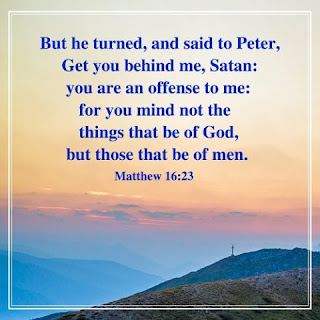We all know what it’s like to lose something or someone. Perhaps we can remember a time when we felt lost. We all know those associated feelings that border on fear, if not terror. Reading Luke 15:1-32 helps us to remember how we felt when we experienced loss and the joy we felt when we were “reunited” or “found.”
One of my most memorable experiences with loss goes back to my very early childhood and is indelibly ingrained in my memory. I was not more than five years old and my mother sister and I were on a crowded beach in Coney Island. I suppose I got a little bored sitting on the blanket alone with my mother and sleeping baby sister I remember pestering my mother to let me get some water from the ocean for my pail to bring back to the blanket so I could make some mud pies. Mom resisted my going to the shore alone and did not want to leave my sister sleeping unattended. I finally convinced her that I could not possibly get lost and would be always aware of where she was. She yielded and so I made my way with my metal pail and shovel in tow, carefully drawing a “tether” line in the sand with my foot. I played at the surfside for a bit, filled my pail and turned to make my way back to the blanket. Of course, the line was obliterated and I immediately panicked because I couldn’t find the line in the sand leading back, and above all, could not see my mother. I remember being overcome with fear and on the verge of tears. A woman standing nearby came to my aid, and assured me that we would find my mother. Mom appeared in seconds. Although seconds must have seemed like an eternity to me. I can still remember what I felt when my mother gathered me up in her arms and held me close, assuring me that I was not lost and that I was always in her sight. I suppose the reason I can still remember this event so vividly is because of the “palpable” effect it had and continues to have even as I write today.
I
relate this childhood experience with the stories Jesus uses in our gospel to
describe what it means to lose and to find and to be lost and be found. I
wonder what is the more memorable of the two emotions, the fear of being lost
or the joy of being found. In both instances Luke depicts the joy in finding
what was lost and being found. There was no recrimination just joy.




